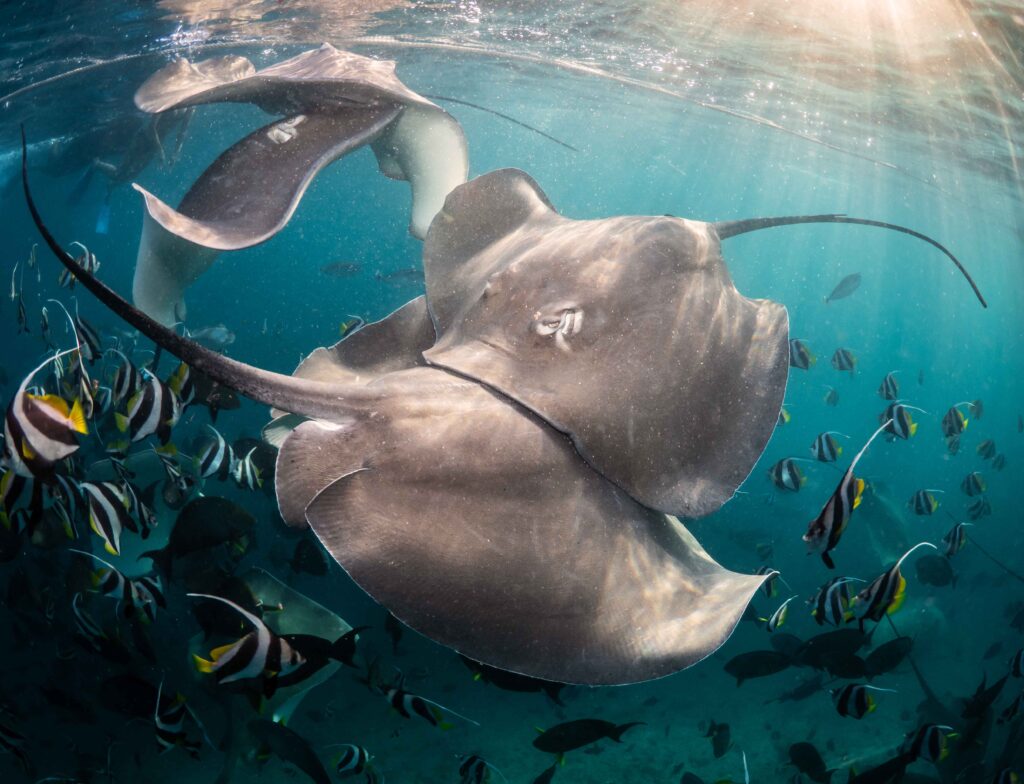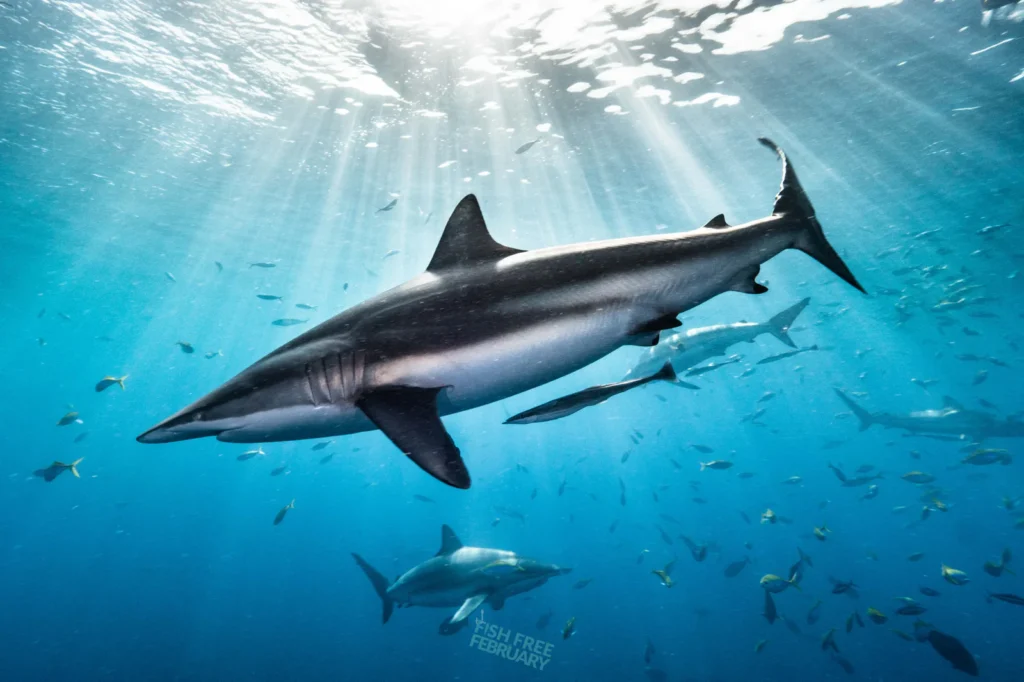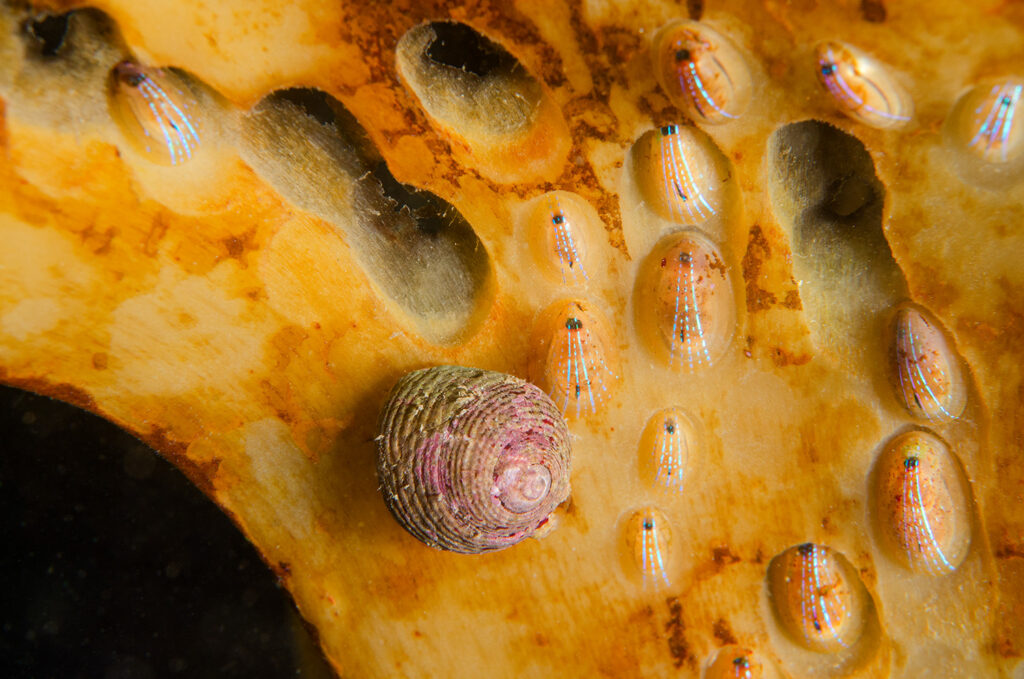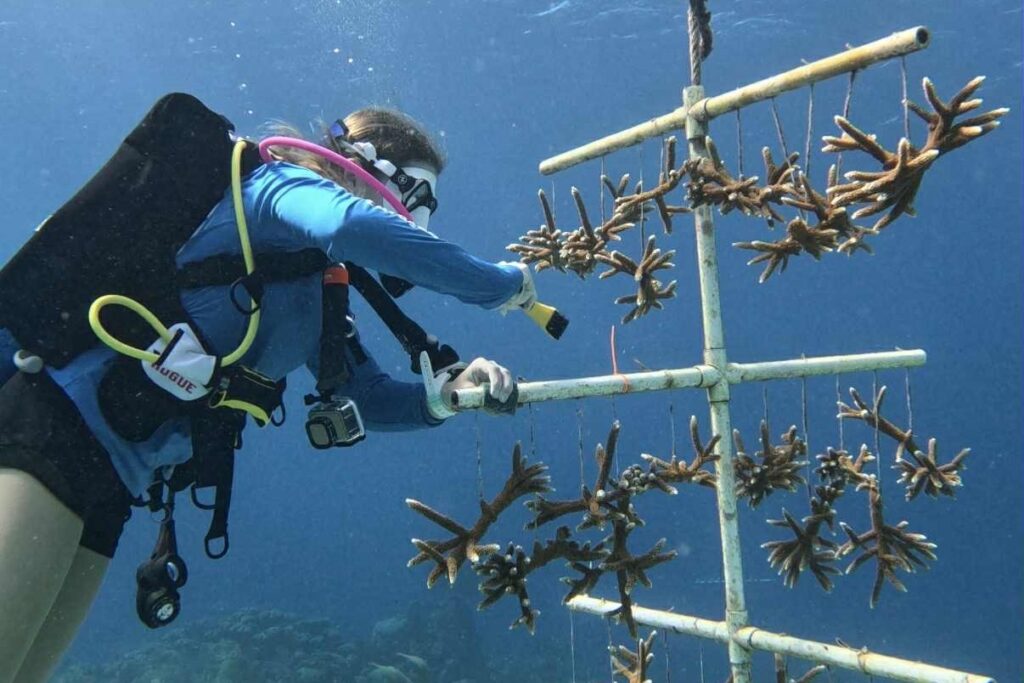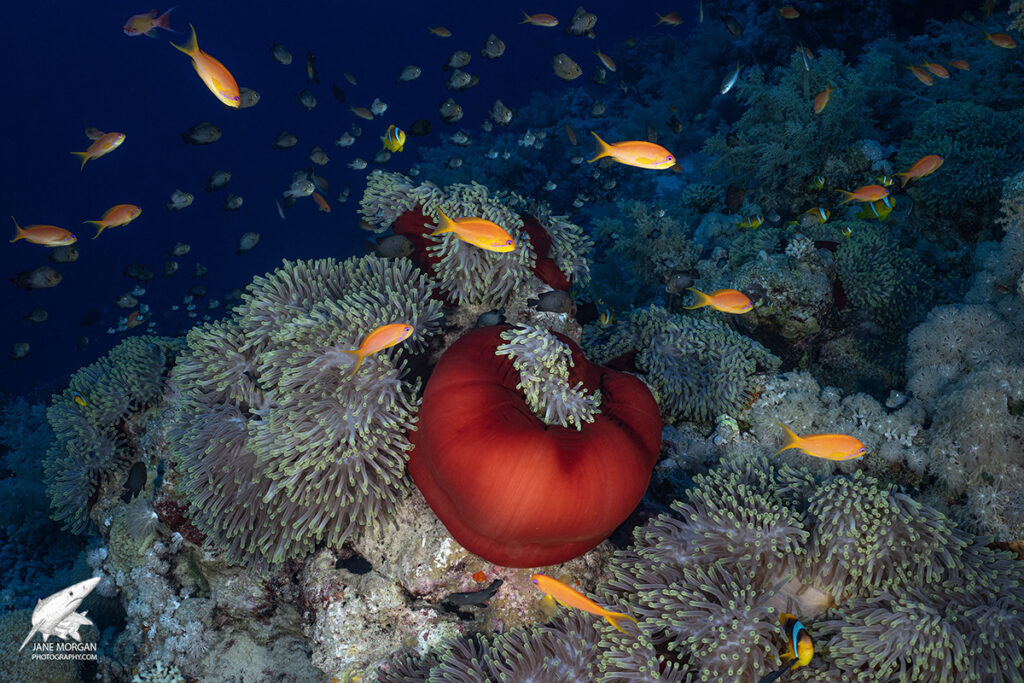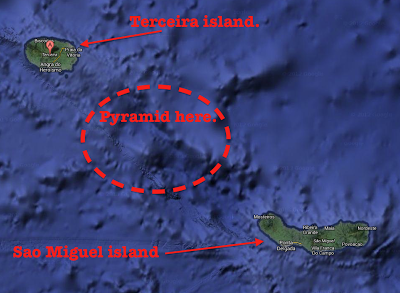8 Places to Seek Adventure with Octopus
A Guest Blog by PADI.com
World Octopus Day on 8 October 2021 highlights the need to continue to explore and protect the ocean so that the 300 recognized species of octopus can continue to live in rock formations, coral reefs and throughout the seas.
Octopus have long been one of the most fascinating marine encounters to have as a diver. With three hearts, blue blood, the ability to camouflage on demand and their high levels of intelligence, these curious creatures place high on many divers’ bucket lists.
They can be found in a range of ocean climates around the globe, making diving with octopus attainable worldwide.
Here are eight of some of the best places to dive with octopus:
1. Canary Islands
Offering warm and clear water all year round, the Canary Islands off the northwest coast of Africa and the eastern edge of the Atlantic Ocean are a great place to dive with octopus, who are often hiding under the rocky terrain below the surface.
2. The Maldives
This low-lying nation offers white sand beaches, vibrant coral reefs and plenty of opportunity to dive with octopus. The rich water in the Maldives feed the soft coral that clings to rock slides, providing a range of locations for octopus to build their home. They are a common sighting there amongst those who both snorkel and dive.
3. French Polynesia
Octopus are an essential part of French Polynesian culture—they have an octagonal building referred to as the “Octopus Church” on the island of Mo’orea and the island archipelago is home to the Micronesia mythology octopus god referred to as Na Kika. Beneath the surface of these low-lying atolls in French Polynesia are marine creature clusters that often include octopus hiding amongst the rocks or coral beds.
4. South Africa
This destination put diving with octopus on the top of the list for many after last year’s release of the Netflix documentary My Octopus Teacher. False Bay near Cape Town, as highlighted in the film, is one location to dive with octopus. But the varied climates and currents provide a range of opportunities for close encounters with these marine creatures across the coastline.
5. Indonesia
As the epicenter of biodiversity beneath the surface of Indonesia’s waters, octopus are just one of the many marine animals that call this collection of 17,508 islands home. Lembeh Strait is often full of various species, including the mimic octopus, who can change into and act like a variety of other marine species like lionfish and sea snakes.
6. Philippines
The Philippines offers divers thousands of dive sites to choose from. But those wanting to dive with an octopus should plan a visit to the Sea Explorers House Reef in Dauin, where blue ring octopus are known to be found during the month of October, often amongst the colorful soft coral.
7. United States
Off the California coastline are thousands of tidepools that offer a sanctuary for octopus and a great place for those with their fins off to have an encounter with them. Those wanting to dive deeper can do a shore dive at Shaw’s Cove in Laguna Beach, where octopus are known to hang out around the underwater statue dubbed Shelley of Shaw’s. And farther North up the Pacific Coast off the shores of Washington, divers can encounter giant Pacific octopus in the waters of Olympic National Park.
8. Australia
For those wanting to find the world’s smallest octopus, the blue ring octopus can be found off the coast of Sydney and Melbourne in Australia. This tiny octopus is known for its beautiful blue marking and will flash bright blue and black rings to warn predators to stay away. The world’s smallest octopus is also the most venomous, so make sure to admire them from a safe distance.
To explore these dive sites and more, get in touch with your local PADI Dive Center or Resort and become a PADI Open Water Diver. And for those wanting to help protect octopus, other marine species and the ocean they call home, join the community of PADI Torchbearers to learn more about how to get involved and help restore ocean health.
Photo credit – Annie Crawley, PADI AmbassaDiver and Master Scuba Diver Instructor / @anniecrawley_oceanannie








